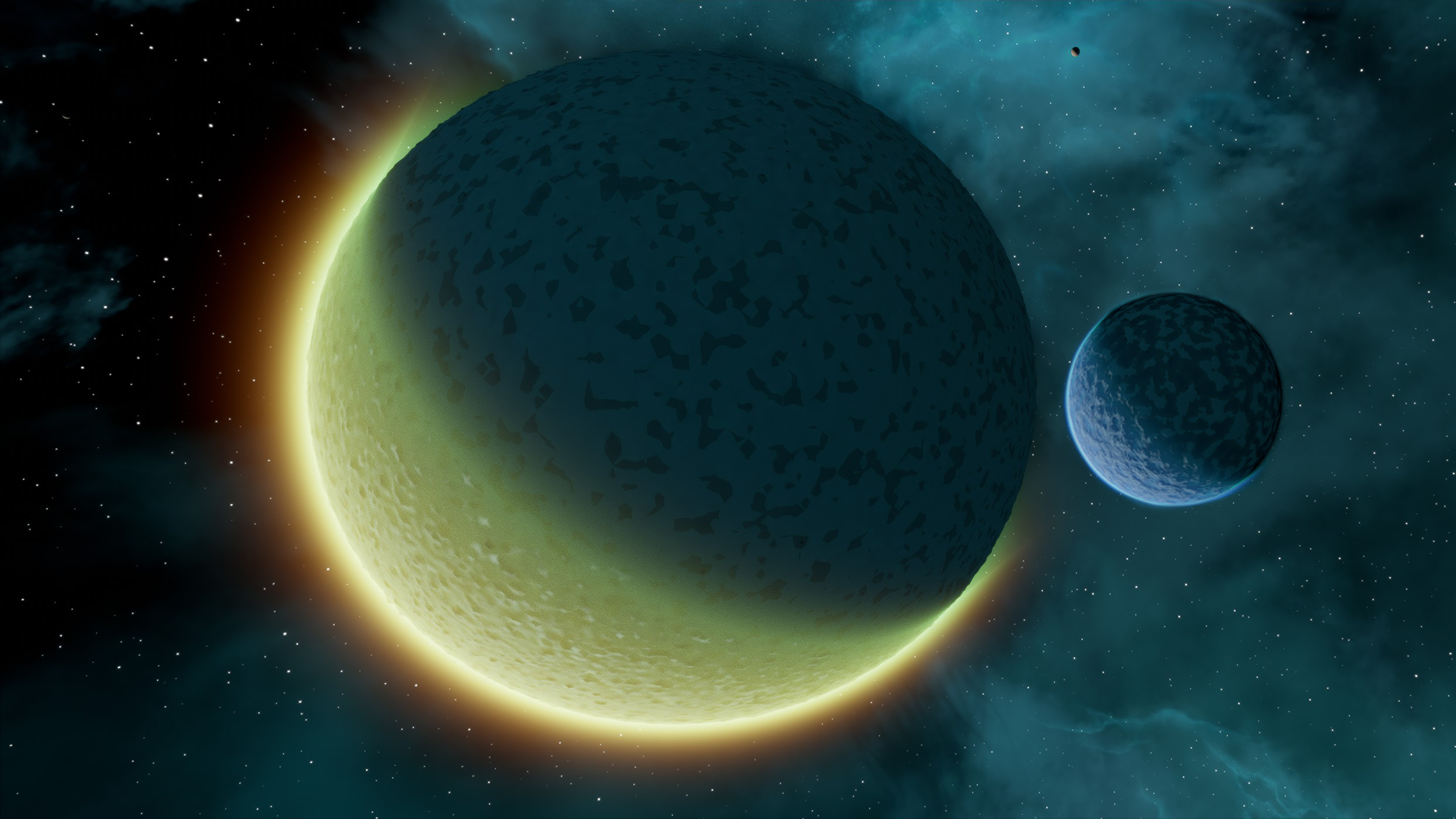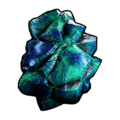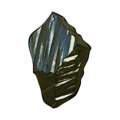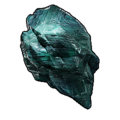Difference between revisions of "Ossis"
Jump to navigation
Jump to search
m |
|||
| Line 11: | Line 11: | ||
|pronunciation={{IPAc-en|ˈ|oː|s|.|s|i|s}} | |pronunciation={{IPAc-en|ˈ|oː|s|.|s|i|s}} | ||
|languageOrigin=[[wikipedia:Classical_Latin|Classical Latin]] | |languageOrigin=[[wikipedia:Classical_Latin|Classical Latin]] | ||
|ipaKey=[[wikipedia | |ipaKey=[[wikipedia:Latin_pronunciation|key]] | ||
|alias=Aura | |alias=Aura | ||
|class=Submoon | |class=Submoon | ||
Revision as of 20:53, 30 June 2024
Ossis
Pronunciation/ˈoʊs.sis/
(Classical Latin) - IPA(key)
(Classical Latin) - IPA(key)
AliasesAura
ClassificationSubmoon
Satellite ofManes
Location1st moon of Manes
Orbital Distance~ 1,000 km
Moon Characteristics
Volume1.13×105 km
Diameter60 km
Atmospheric Height15 km
Crust MaterialValkite
Surface Gravity0.2 G
Gravity Well12 km
Notable Minerals
Ossis (/ˈoʊs.sis/) is an icy satellite of Manes. Its surface is largely pale blue, and its wide snowy fields are dotted with mountainous ridges and gentle dimples alike. Throughout the day its sky shines with a pale gold, which shifts to green as the sun sets. Because of its smaller size, the curvature of the horizon is visible even from ground elevations.
Nomenclature
From Classical Latin, Ossis is a borrowed term for a skeletal bone, and as a metaphor, conveys the meaning of something deep within the body or frame as a generalized physical presence more than a specific anatomical location — one's innermost being or feeling. It is occasionally used to describe the heartwood of a tree, or the pip of a fruit.







